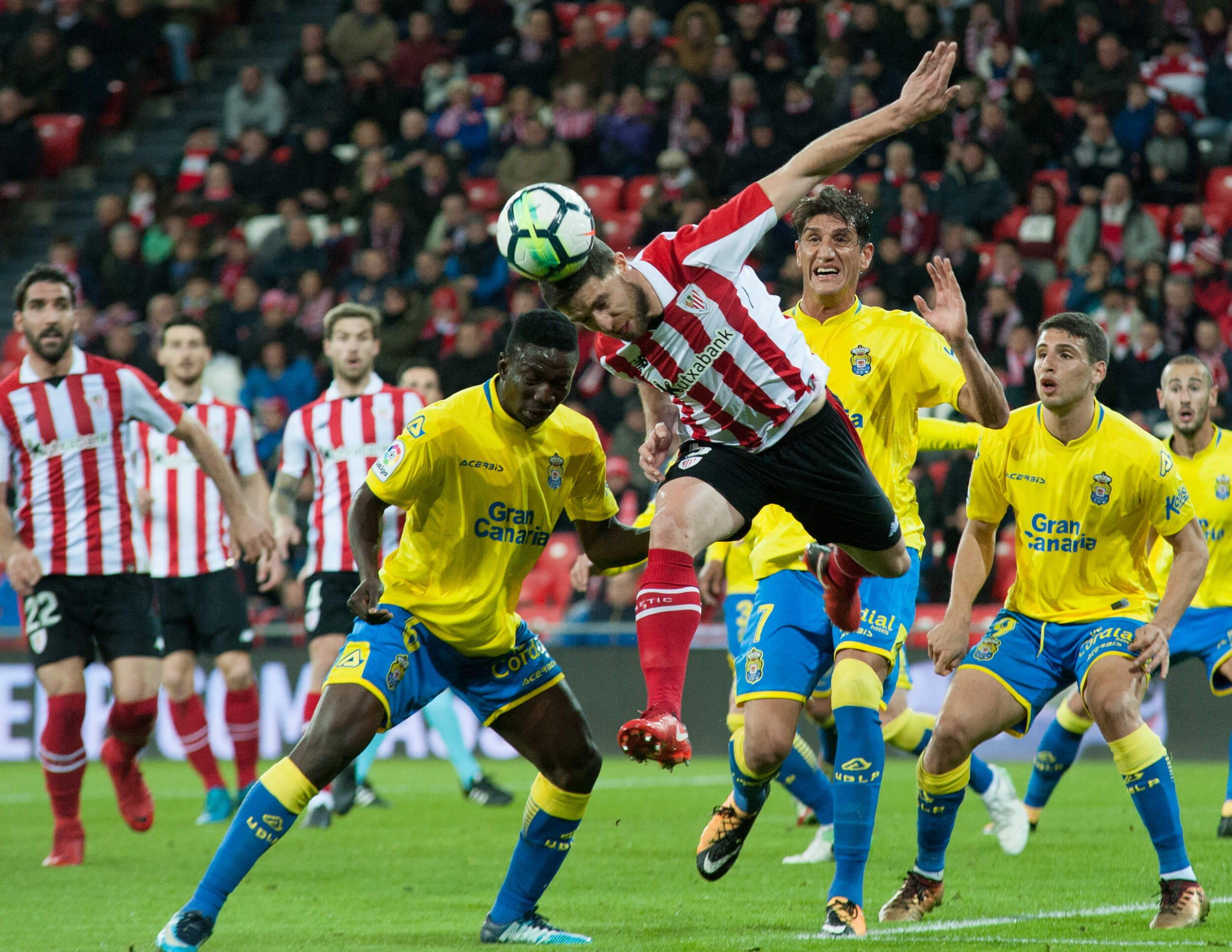A model in tune with the essence of sport
Money is a crucial factor that underpins all the squads in professional football clubs, including…
Money is a crucial factor that underpins all the squads in professional football clubs, including Athletic Club, whose budget has to take into account the financial demands of top-flight football just like any other club.
Nevertheless, as opposed to all its rivals, Athletic follows a self-imposed rule that conditions yet further the choice of players for its teams. The red-and-whites’ one-hundred-year-old philosophy crucially restricts the use of its available capital, to the extent that Athletic is the only club in the world that, in the hypothetical case it could, would refuse to sign Messi. And by Messi we are referring to an endless list of players that do not fall in line with the Lions’ sporting philosophy. It is precisely Athletic Club’s age-old philosophy that over the course of time has made it the only top-flight team whose squad is not decided firstly by cash, but instead by the intangible factor of its own club philosophy.
This objective restriction that separates Athletic from the rest in the maelstrom of modern football involves, besides its obvious difficulties, a series of positive characteristics that increase the Club’s power of attraction. Logically enough, the fact Athletic does not feature among the teams expected to do well in the Champions League excludes it from the world’s greatest media and advertising showcase, although likewise, its particular philosophy opens the door to a different, genuine showcase, and what is more remarkable, somewhat more removed from the risks and paradoxes that football faces. Within this growing admiration that Athletic Club attracts, the most original and noteworthy aspect may be its ability to set an example that is in tune with the sporting nature of football.
The ludicrous fees involved in the recent signings made by the most powerful clubs show that money, the so-called business of football, is threatening to undermine the basic principles of any sporting competition. While the spectacle’s drawing power goes hand-in-hand with television audiences, it does not seem that the inequality between opponents will change the direction the industry has taken, although it is also true that there is growing support throughout Europe for the movement Against Modern Football. The need the industry has to strike a balance with sport is an issue that is still waiting to be resolved. The NBA, for example, fosters equality through its draft procedure, thanks to which those teams in the lowest position in the table are the first ones to choose the basketball players with the most promising futures. In football, Financial Fair Play guarantees clubs’ solvency, but it has not put a stop to the market’s inflationary spiral or narrowed the financial gap between teams in the same competition. The “6+5” split, a measure proposed by Platini to ensure that each team would line up with at least six players from its own country, was dismissed and considered illegal by the European Parliament in 2008. The ban on investment funds (also referred to as Third Party Ownership) in 2015 was designed to preserve the independence of both clubs and players and ensure the integrity of matches and competitions, but it is now been questioned both because of the course football itself is taking and because of litigation in the courts (with the most important lawsuit being the one filed by Dupont, the lawyer in the Bosman case, on behalf of the Belgian club Seraing and Doyen Sports against FIFA and UEFA, with the ruling expected shortly).
It is faced with this panorama when, insofar as its market is limited, Athletic’s model emerges as a structural brake on the excessive influence money has, and it is adjudged to be an approach that is compatible with the game’s sporting essence. In round figures, the global football market involves over two hundred million players, of which fewer than 0.1% were born or brought up in Euskal Herria-The Basque Country.
Athletic Club makes signings and executes clauses, as appropriate, just like any other organisation, but its own particular philosophy regulates that global trend according to one of sport’s basic premises: it is not a case of winning at all costs; just as important as the victory itself is the way in which it has been achieved. The club’s own particular approach is what sets certain limits on the market, and those same limits are what provide the club with a model that is compatible with the meaning of any sporting competition, which is none other than fair rivalry between competitors.
The world’s fans throng the great avenue of football and are dazzled by the gleaming showcases of the richest and most successful clubs, but the feeling that all that glitters is not gold and the sense that the industry and the spectacle are undermining sport are floating in the air without anyone knowing whether this constitutes a real threat or an insignificant attack of nostalgia for last century’s football.
Whichever the case, on the other side of this great avenue, in a different showcase, but just as modern as the best of them, although lit in a more traditional way, Athletic Club keeps alive its identity that is essentially in tune with the sporting nature of football.

